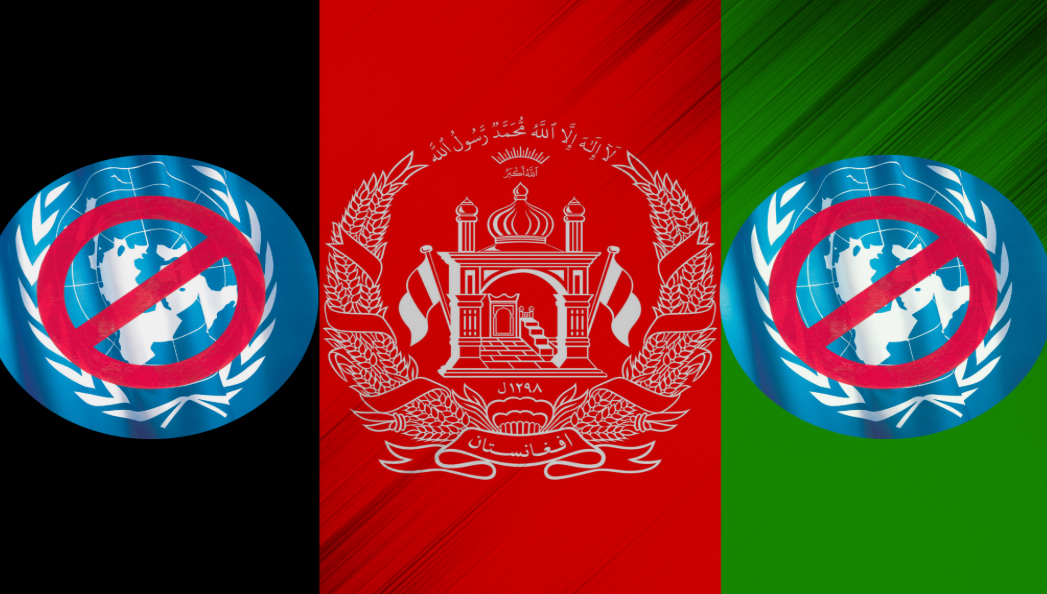| 1. Background
Following the withdrawal of Western and American forces from Afghanistan in August 2021, the Taliban reclaimed control of the country and instituted a de facto government. Since then, the progressive erosion of women’s rights has been documented in multiple independent reports as one of the most noteworthy aspects of the Taliban’s return. Additionally, they have suppressed dissent by restricting media freedoms and clamping down on protests.
Concerned about the state of human rights in Afghanistan, the Human Rights Council adopted resolution 48/1 on 7 October 2021, establishing the mandate of Special Rapporteur on the situation of human rights in Afghanistan. The following human rights violations were documented: extrajudicial or summary executions; arbitrary detentions; violence against peaceful protestors, journalists and media representatives; reprisal raids on offices of non-governmental organisations and civil society groups; violations and abuses of the human rights of women and girls; targeting of persons belonging to ethnic and religious minorities, former military personnel and those who had worked for the Government of Afghanistan
2. The role of Special Rapporteurs
Special Rapporteurs are independent experts responsible for examining, monitoring, advising and publicly reporting on human rights concerns around the world. They are appointed, on a pro bono basis, by the UN Human Rights Council because of their expertise. In order to conduct their work effectively, Special Rapporteurs need to conduct country visits. These allow them to collect first-hand evidence, engage with victims/survivors and local civil society organisations to inform their findings and recommendations |

